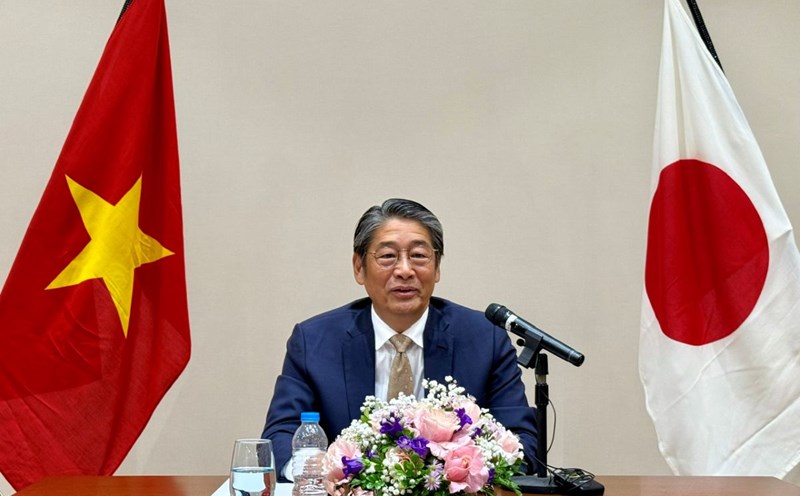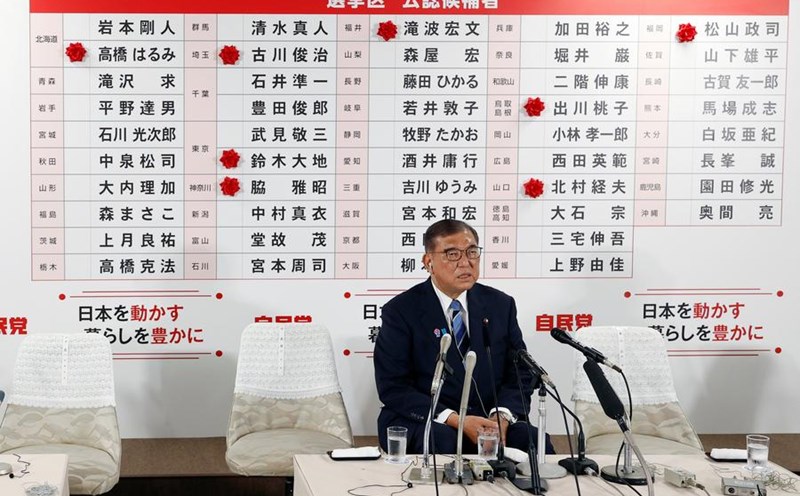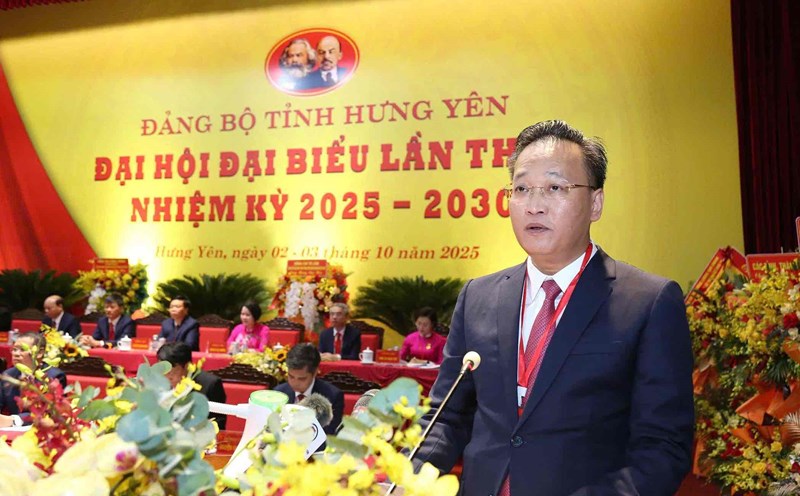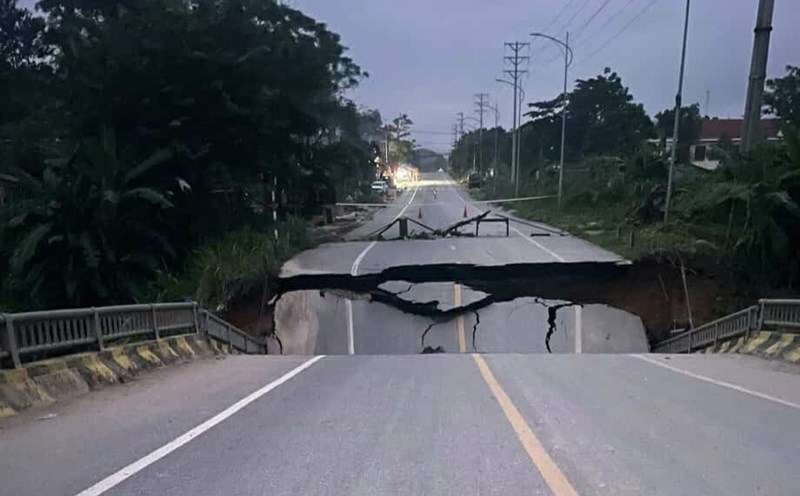Japan is facing a historic moment as it prepares to elect the successor to Prime Minister Shigeru Ishiba after he resigned as Chairman of the Liberal Democratic Party (LDP) after many election failures.
The outcome of the October 4 vote will almost certainly determine the new prime minister's position, as the LDP remains the largest force in parliament.
Among the five candidates, the two most prominent are former Home Secretary Sanae Takaichi (64) and Agricultural Minister Shinjiro Koizumi (44). If she wins, Ms. Takaichi will become Japan's first female prime minister - a symbolic step forward in a society with many gender discrimination. Koizumi, the son of former Prime Minister Junichiro Koizumi, could make history as the youngest leader in post-war history.
The race also saw the participation of Chief cabinet Secretary Yoshimasa Hayashi, who is seen as an heir to the moderate line and continues Prime Minister Ishibas budget tightening policy. However, polls show that Ms. Takaichi is leading among grassroots party members, while Mr. Koizumi has a big advantage among the LDP parliamentary group. This raises the possibility of the election having to go to the second round.
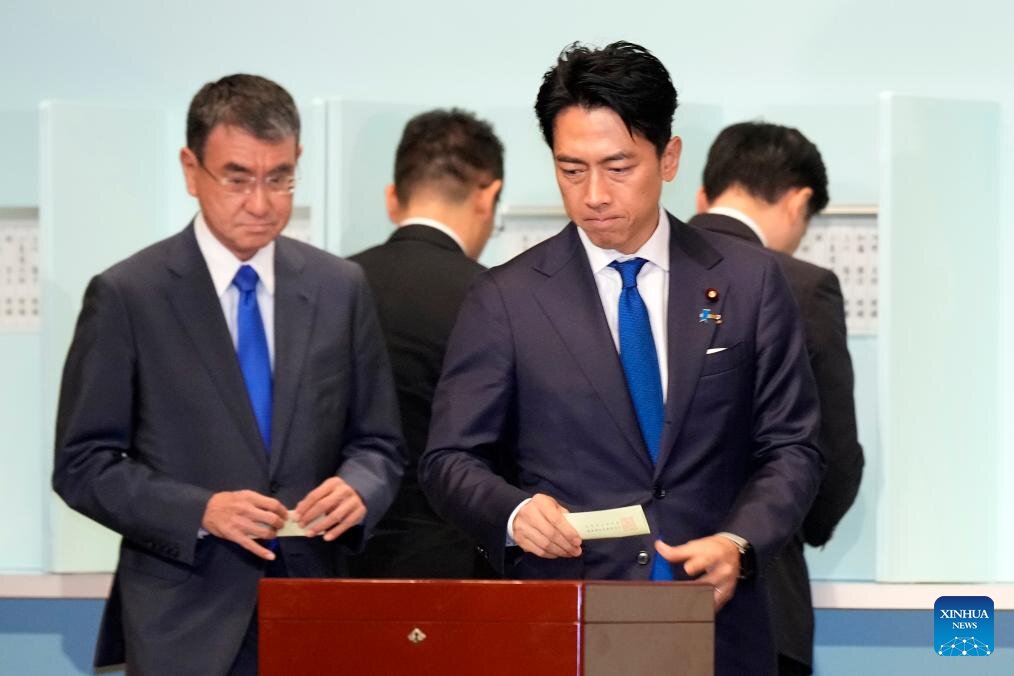
In terms of policy, Ms. Takaichi pursues a strong expanded economic direction, promising to double the size of the economy within 10 years through public investment in technology, infrastructure, food security and strategic areas.
She also hinted at the possibility of renegotiating a trade deal between Japan and US President Donald Trump - worth up to 550 billion USD in investment from Tokyo in exchange for Washington's tax reduction on Japanese cars and goods.
Meanwhile, Mr. Koizumi is expected to create a broader consensus, aiming to reduce taxes to support households under pressure from rising prices. His biggest advantage is the image of a "young leader", capable of attracting the new generation of voters who are gradually moving away from the LDP.
Whoever becomes the next prime minister will face a series of challenges: stagnant economy, the world's largest public debt burden, rapid population aging and the rise of opposition parties, especially the far-right movements opposing immigration. At the same time, the new prime minister will soon have to welcome President Trump in Tokyo at the end of October, an important event in the Japan-US alliance.
Observers say that the election results this time will not only decide Japan's political future but also affect the country's role in the international arena, in the context of the strongly fluctuating order of the Asia-Pacific region.

